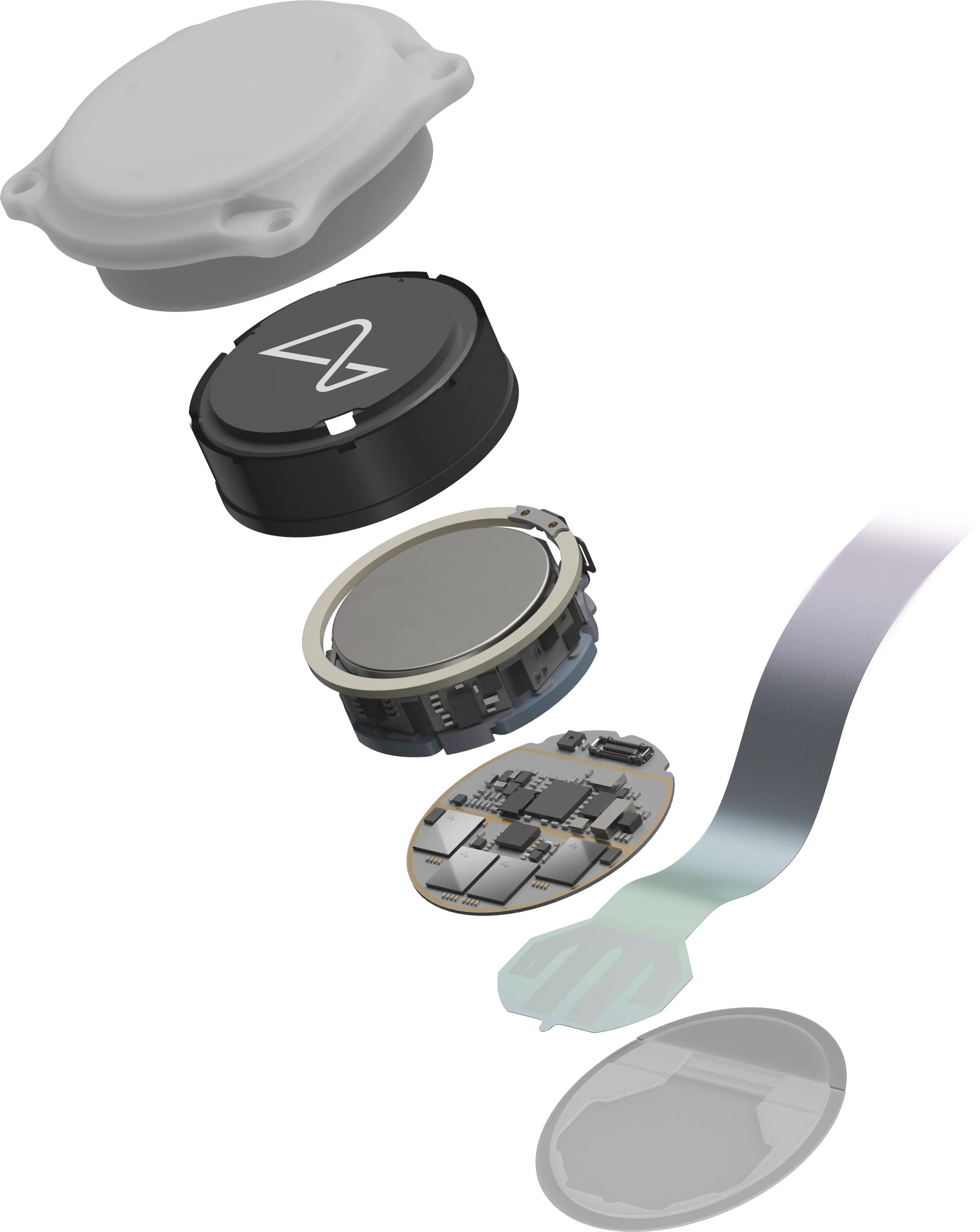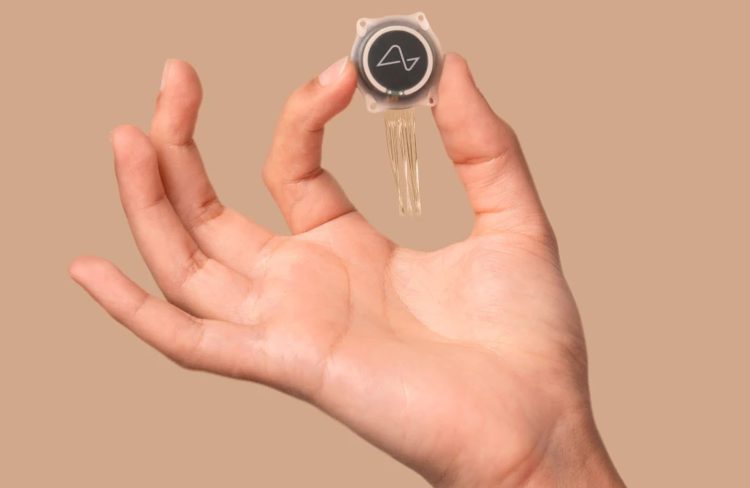Neuralink has successfully completed its first human trial, marking a significant step forward in brain-computer interface technology. Thanks to his Neuralink implant, Nolan Arbaugh, 29, who has been paralyzed from the shoulders down for eight years, can play online chess and Civilisation and control the cursor.
I am really excited about this because I have a couple of friends around me who are paralyzed from the waist down. I hope they can have these implants one day.
Neuralink chip implanted paralyzed patient plays games with his mind
Arbaugh received Neuralink‘s brain implant in 2023. After the surgery, the patient completed the recovery process and gained important functions thanks to the implant. The Neuralink device analyses Arbaugh’s brain signals and converts them into commands to control external devices. You can access Neuralink’s post on its official X account below:
— Neuralink (@neuralink) March 20, 2024
Conversely, Neuralink’s work has been criticized for its lack of transparency. The experiment details, the number of subjects, and the results to be evaluated are not publicly available.
Arbaugh says the implant is safe and that he did not experience any cognitive impairment after surgery.
Neuralink’s first human trial shows that brain-computer interfaces are still under development, and more research is needed. Nevertheless, this experiment is a promising development for paralyzed people.

Competitors are not idle either: Other companies, such as Synchron, are also trying to develop brain-computer interfaces. Synchron is developing a stent-like device implanted in the carotid artery.
What will the future hold?
Brain-computer interfaces can be used in many different areas besides improving the lives of paralyzed people. In the future, this technology is envisaged to help the mentally disabled, enhance virtual reality experiences, and even increase the human brain’s capacity.
Featured image credit: Neuralink





